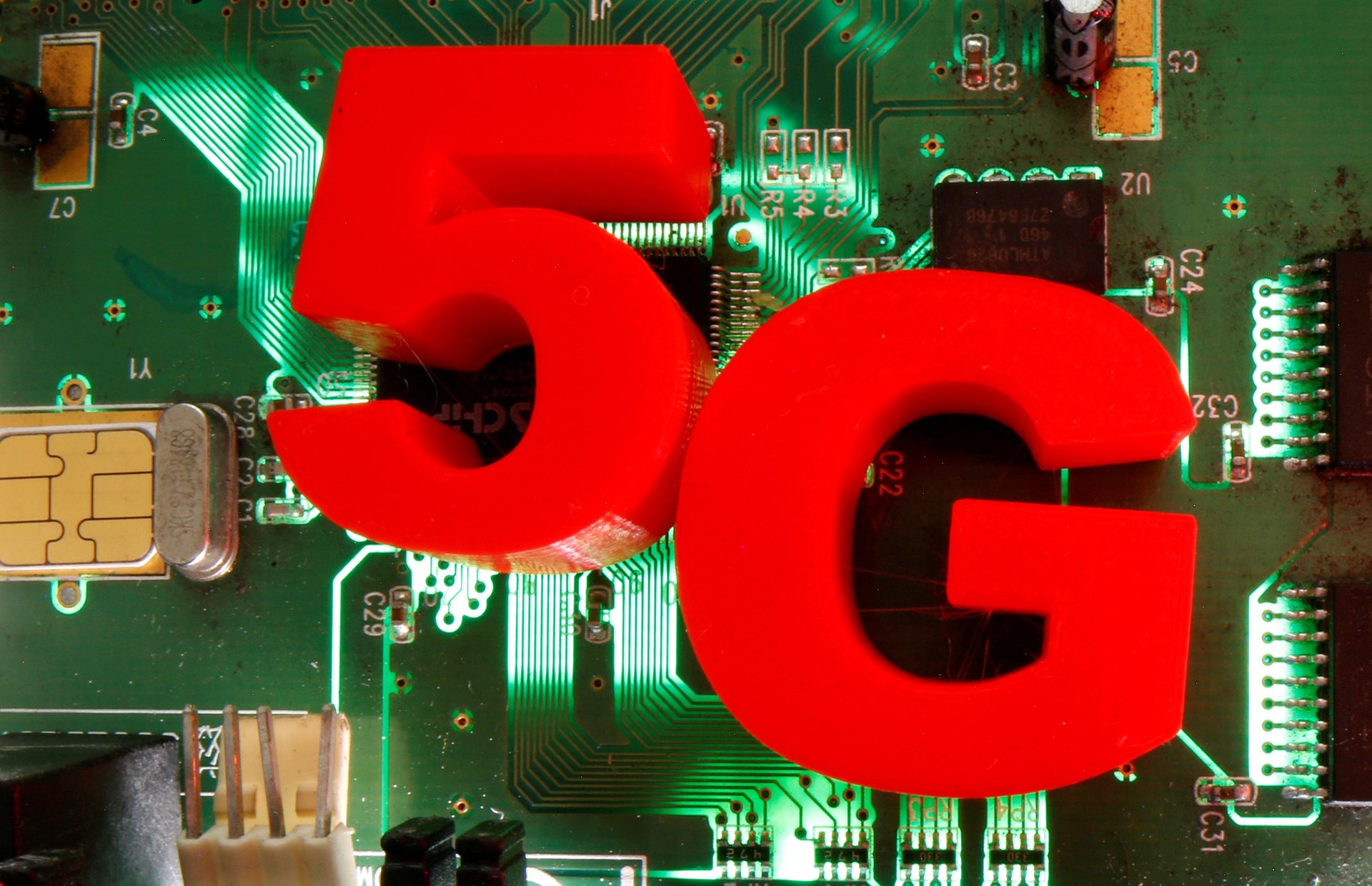Why the 5G service rollout in India will be a big deal
Services may be expensive and only cities will be catered to initially, but 5G will revolutionise technology-based business in India.

The buzz around the rollout of 5G services is getting louder in India.
Prime minister Narendra Modi is expected to announce its launch on Oct.1 while inaugurating the India Mobile Congress. Earlier, too, he had referred to India’s 5G plans.
“India’s techade is here. With 5G, semiconductor manufacturing, and optical fibre cable (OFCs) in villages, we are bringing a revolution through Digital India to the grassroots level,” Modi said on Aug. 15, India’s Independence Day.
The statement was made days after 5G spectrum auctions were concluded in the country on Aug. 1.
What will be so special about 5G?
5G is the latest and fastest upgrade in the long-term evolution (LTE) of mobile broadband networks.
It is believed to be about 10 times faster than its predecessor, delivering peak data transfer speeds of up to 20 gigabytes per second or more than 100 megabytes per second.
The Indian government claims 5G can create new-age businesses, generate additional revenue for enterprises, and boost employment. For the first time ever, even non-telecom companies were allowed to participate in the auction, a perplexing decision but one that may help firms with “operational efficiencies.”
“Private networks can be deployed in manufacturing plants or can also work as campus networks in large areas such as office spaces and universities,” Charu Paliwal, research analyst at Counterpoint Research, told Quartz.
“5G is more than just ‘faster speed’...(it) can bring operational efficiencies to enterprises,” Paliwal said, citing uses in emerging technologies like logistical automation in warehouses, robotics, and self-driven vehicles.
Controversies around the 5G rollout
Some analysts, however, believe that letting private enterprises buy 5G spectrum will spell trouble for telecom companies, which are already struggling.
“The organised telecom sector will face direct competition from the non-telecom companies,” said Jitendra Joshi, director of Pune-based technology firm Probity Soft.
5G services, many believe, won’t come cheap for Indian consumers, used to inexpensive data.
However, Paliwal of Counterpoint Research explained that operators could build their 5G networks on top of their existing 4G networks, making the rollout more cost-effective, faster, and easier.
“At first, we will see 5G launch in selected urban areas: metros and big cities. Network expansion to other parts of the country will take another few years when there is significant penetration of 5G devices, as well as India-specific use-cases, are developed,” Paliwal said.
...But when will 5G finally come to India?
No Indian telecom company has come up with a rollout date. They keep assuring customers of a launch “soon.”
In August, Reliance Industries chairman Mukesh Ambani said it will happen before the festival of Diwali in October. Earlier this month, Airtel said, “within a month.”
What is assured, however, is that it is the cities that will be served first—13 of them, to be precise: Ahmedabad, Bengaluru, Chandigarh, Chennai, Delhi, Gandhinagar, Gurugram, Hyderabad, Jamnagar, Kolkata, Lucknow, Mumbai, and Pune.